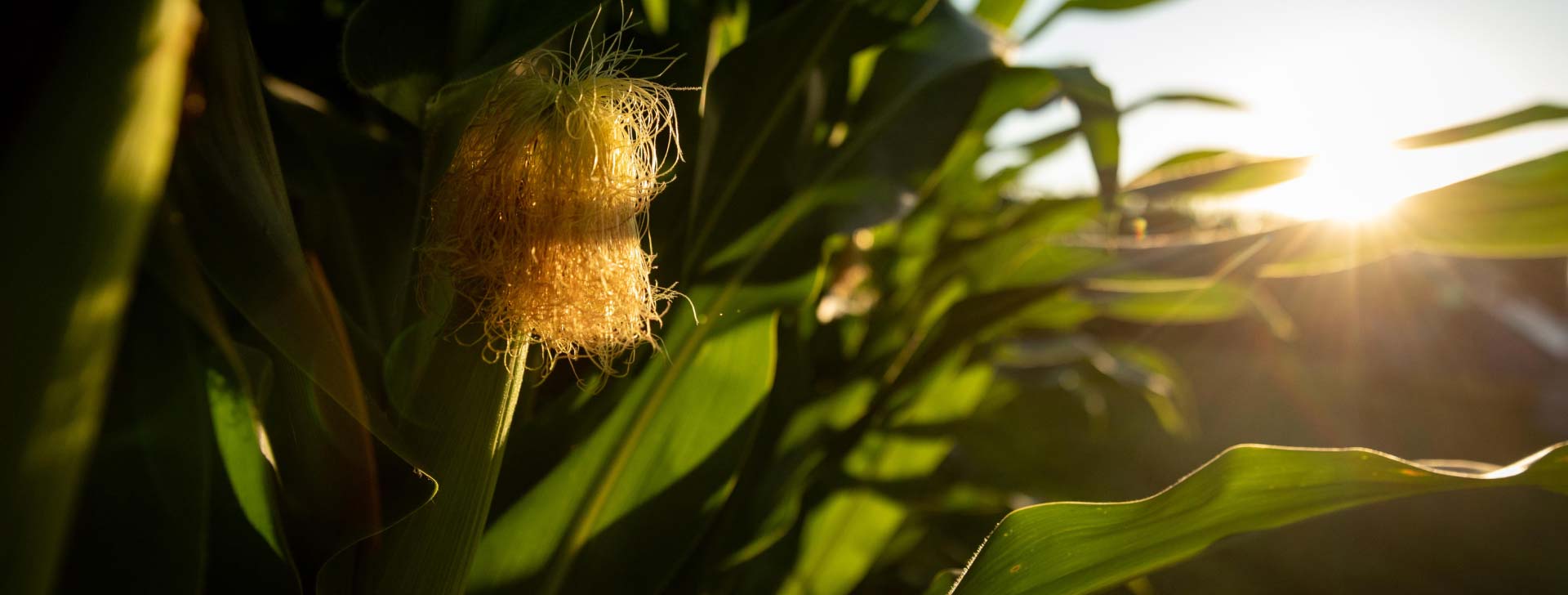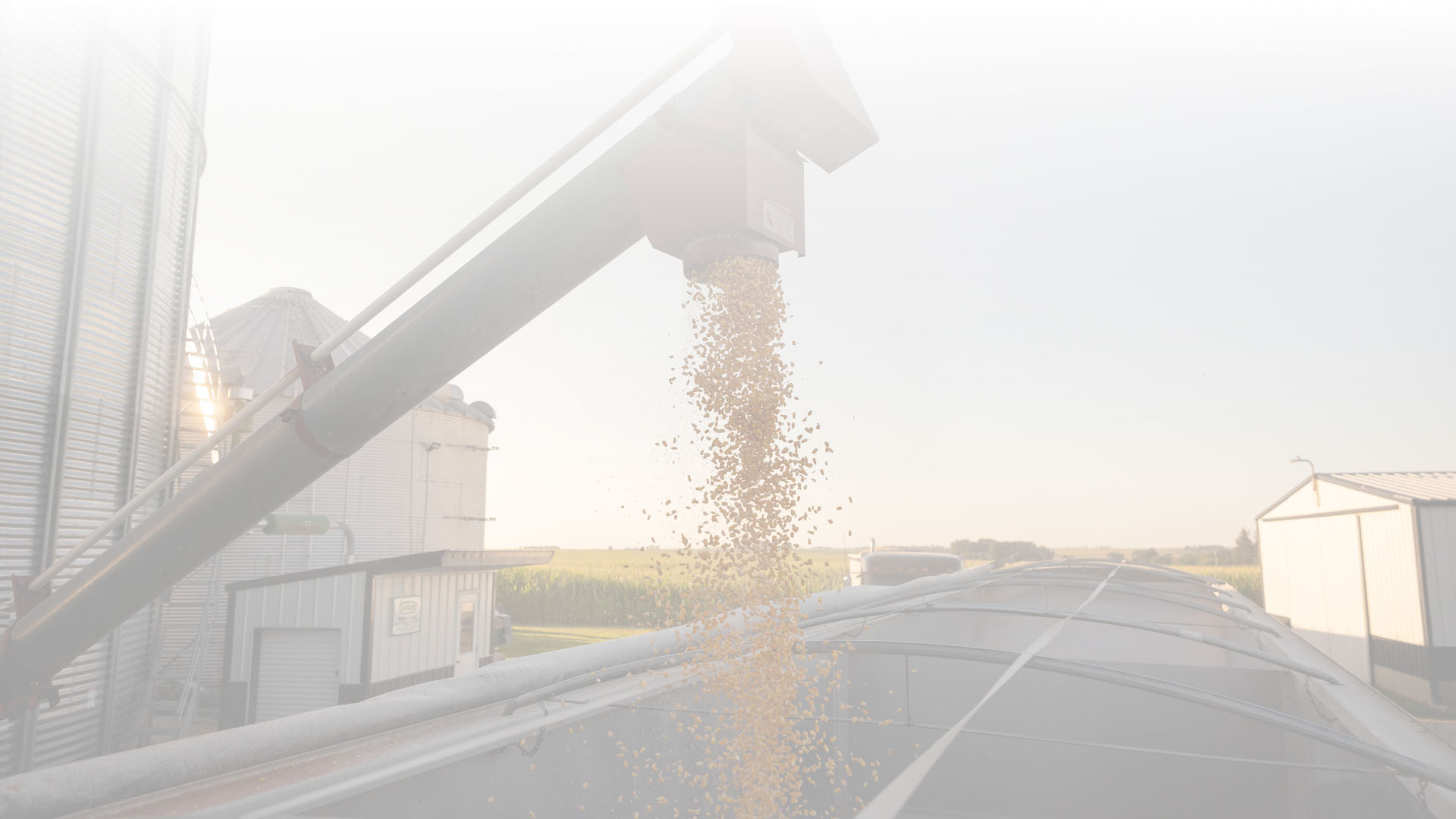Corn: It’s Everything
When it comes to growing corn, Iowa is number one. The fact is we grow a lot of corn. There’s an abundance of corn to feed livestock, produce fuel and use corn as an ingredient in over 4,000 everyday products. Corn, it really is everything!
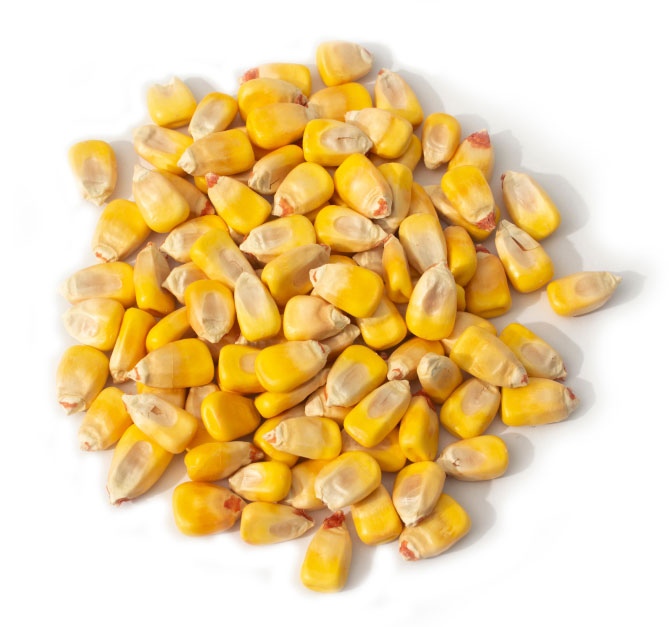
Corn grows Food
Livestock love the taste of corn! In fact, Iowa livestock consume 357-million bushels of corn each year (a bushel of corn is about the size of a laundry basket)! Basically, we can thank corn for the meat, dairy, poultry and eggs we all enjoy.
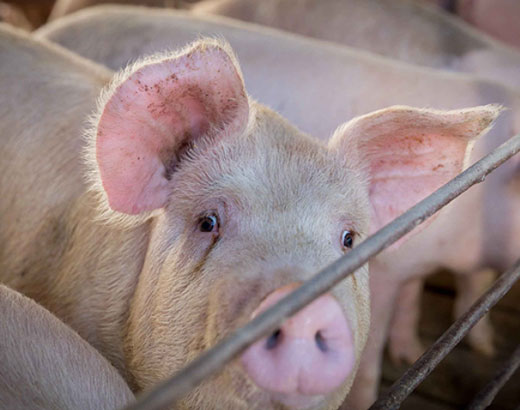
Top-Quality Pork
Pigs are the top livestock consumer of corn grown in Iowa, and for good reason. Farmers feed pigs a high-quality diet consisting of corn and other grains to provide them with the energy they need to grow.
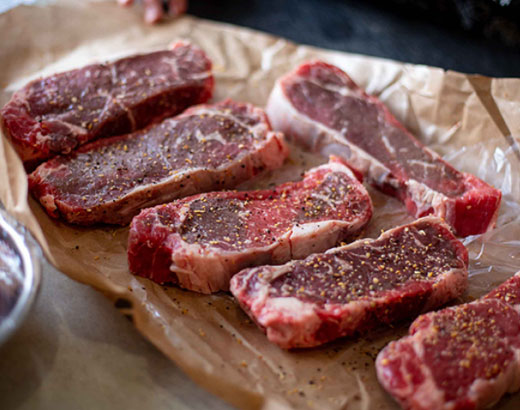
Corn-Fed Beef
Perfectly marbled, juicy steaks. You can thank corn for that. All cattle start on a diet of grass, but “corn-fed beef” means the animals transition to a grain-based diet, which increases the fat-to-muscle ratio, creating a more flavorful, juicier steak.
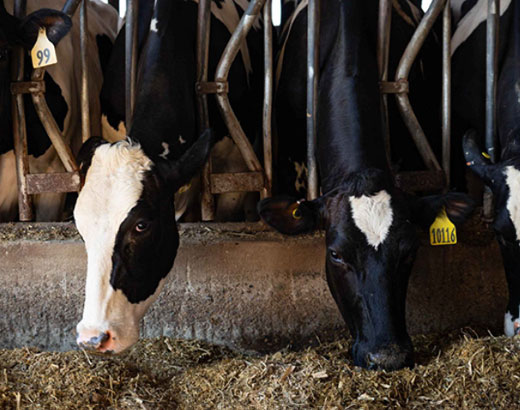
Nutritious Dairy
To produce high-quality milk, there’s a lot of planning that goes into a dairy cow’s diet to ensure she gets all the nutrients she needs. That often includes corn silage, which is made up of corn leaves and stems, and provides a high-energy, easy digestible feed source for dairy cows.
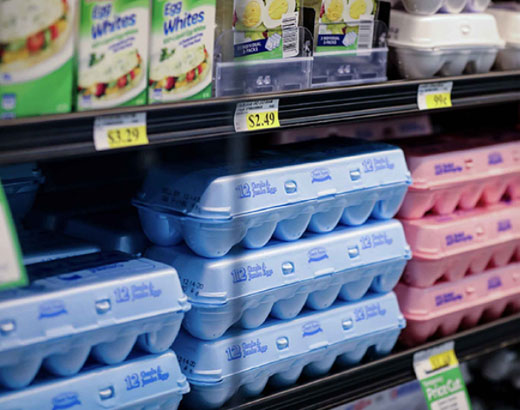
Protein-Packed Eggs
Iowa produces enough eggs to provide an egg-a-day for every Iowan for 14 years! That all starts with a diet of corn.
Corn-Inspired Recipes
Does all this talk about corn make you hungry? Explore nearly 100 of our tried-and-true corn-inspired recipes!
Corn grows 4,000+ Products
Did you know your grocery cart and home are full of corn products? Everything from plastic cups and water bottles to soap, lipstick, envelopes and even beer! Check out some of these products made from corn below and in this corn uses graphic.
What Products are Made from Corn?

Diapers
Corn can be used as an alternative to many petroleum-based products. Items like plastic straws, water bottles and even diapers can be made using homegrown, sustainable corn.

Fireworks
Corn starch is used as a binder in fireworks, helping to increase their burn time and explosiveness.

Soap
Corn can function as a gentle abrasive, a softening emollient, a thickening agent or even as a fragrance in soap, laundry detergent and hair products.
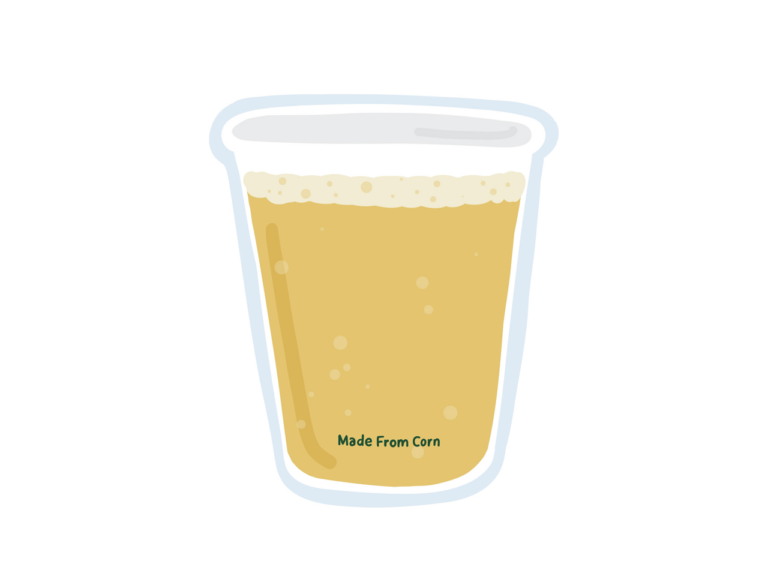
Biodegradable Cups
You’ll also find corn in a corn-based plastic known as PLA. Biodegradable and carbon-neutral, PLA is used in everyday items like packaging and the cups we use to serve Iowa-based brews, some of which also contain corn.
Dry-Milled and Wet-Milled Corn Products
Check out even more ways corn is used in some of our favorite products.
Dry-Milled Corn Products
Drymilling corn leads to all sorts of products such as grits, cornmeal and cornflour.
Grit Uses
- Brewing beer
- Corn flakes
- Other breakfast cereals
- Snack Foods
Corn Meal Uses
- Bakery mixes
- Cereals
- Corn Bread
- Corn meal mixes
- Corn muffins
- Hush puppies
- Pancake mixes
- Snacks
- Spoon bread
Corn Cones/Flour Uses
- Baby foods
- Bakery mixes
- Breading, coatings and batters
- Cereals
- Dusting for pizzas
- English muffins
- Fermentation processes
- Meat products
- Pancakes, muffins, doughnuts
Wet-Milled Corn Products
Wet-milledcorn goes into a wide variety of both food and non-food products.
Food and Drug Uses
- Aspirin
- Baby food
- Baked goods
- Baking powder
- Cake, cookie, dessert mixes
- Candies
- Cereals
- Coffee whitener
- Dried soups
- Drugs
- Gravy mixes
- Instant breakfast foods
- Instant pudding mixes
Food and Drug Sweetener Uses
- Alcoholic beverages and brewing
- Baby foods
- Bacon
- Baked goods
- Caramel color
- Carbonated and fruit beverages
- Cereals
- Cheese spreads
- Canned fruits, fruit fillings
- Chewing gum
- Condiments
- Confections, chocolate
- Drugs
Food and Drug Fermentation Products
- Antibiotics
- Baker products
- Citric acid
- Enzymes
- Food acids
- Pharmaceuticals
- Wine
Industrial Starch Uses
- Paper, recycled paper
- Cardboard
- Textiles
- Glues and adhesives
- Batteries
- Bookbinding
- Cleaners, detergents
- Fireworks
- Color carrier for printing
- Coatings on paper, wood and metal
- Crayons and Chalk
- Dyes
Industrial Sweetener Uses
- Acetic acid
- Charcoal briquettes
- Dyes and inks
- Enzymes
- Insecticides
- Laminated building materials
- Matches
- Metal plating
- Organic solvents
- Paper
- Plasticizing agents
- Rayon
Industrial Fermentation Products
- Acetic and amino acids
- Blankets and bedding
- Carpet tile
- Cosmetics
- Electroplating and galvanizing
- Food packaging
- Mannitol
- Industrial chemicals
- Disposable cold drink cups, plates and cutlery
- Leather tanning
- Organic solvents
- Paper
